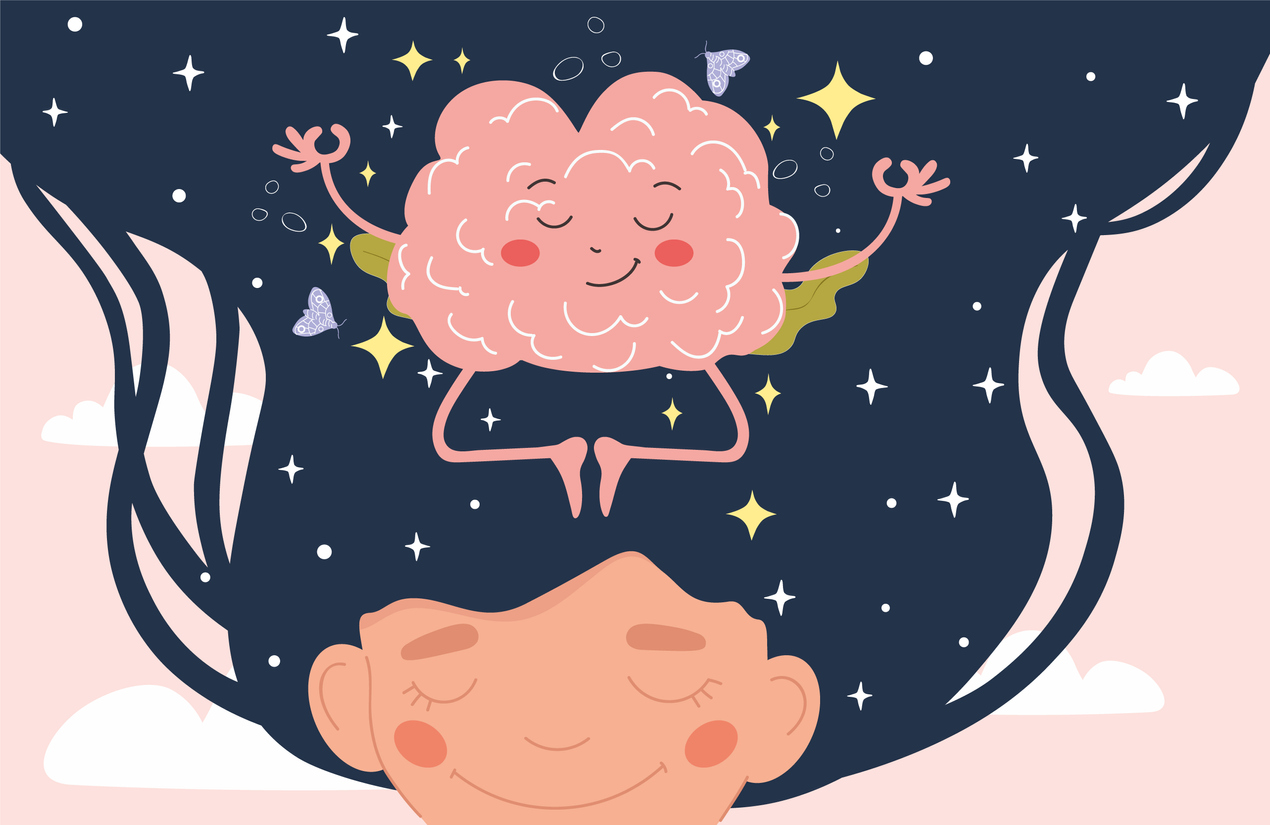Living with Chronic Pain
Supplement Options for Depression

In some cases of depression, supplements can help reduce symptoms, such as feeling hopeless, having trouble concentrating, or having trouble sleeping. Depending on depression severity, supplements can be used alone, in addition to conventional treatments , or with alternative and complementary treatments.
Eight supplements that may help reduce the symptoms of depression include the following:
- St. John’s wort
Both the leaves and flowers of St. John’s wort have been used for centuries to treat many health conditions, including depression and various other mental health disorders. It may reduce production of the stress hormone cortisol and increase levels of feel-good chemicals, serotonin and dopamine. St. John’s wort should never be taken with medications that affect serotonin levels as the combination may cause serotonin syndrome, a life-threatening condition. - S-adenosyl-L-methionine (SAMe)
SAMe is a substance made by the body; however, it can also be produced in a lab for supplement use. SAMe may increase levels of serotonin, norepinephrine and dopamine, which are often at low levels in individuals with depression. It should never be taken with medications that affect serotonin levels as it may cause serotonin syndrome, a life-threatening condition. - Omega-3 fatty acids
Omega-3 fatty acids are naturally found in flaxseed, walnuts, and cold-water fish such as salmon. Eating foods rich in omega-3 fatty acids or taking them in supplemental form may reduce inflammation and decrease levels of the stress hormone cortisol. Omega-3 fatty acids may be most beneficial for mild to moderate depression as a complement to conventional medication or other treatments. - 5-hydroxytryptophan (5-HTP)
5-HTP is a chemical made in the body from the protein building block L-tryptophan. Similar to medications and other supplements used for depression, it may help increase levels of serotonin in the brain. It should never be taken with medications that affect serotonin levels as it may cause serotonin syndrome, a life-threatening condition. - Saffron
Saffron has been used for centuries to improve physical and mental health, including improving mood and reducing symptoms of depression. It is nicknamed the “sunshine spice” due to its yellow color and because it may help brighten mood. - Dehydroepiandrosterone (DHEA)
DHEA is a hormone naturally produced by the body; however, it can also be produced in a lab for supplement use. It has been shown to improve mood, especially in middle-aged individuals whose bodies naturally produce less DHEA. - Vitamin B
B vitamins help produce chemicals in the brain that affect mood. Low levels of B vitamins have been linked to depression. If vitamin B levels are low, eating vitamin B rich foods, taking a supplement, or getting B-12 shots may help reduce symptoms of depression. Folic acid, which is another type of vitamin B, may also be beneficial if folate deficiency is a factor. - Vitamin D
Individuals with depression tend to have low levels of vitamin D, so increasing vitamin D levels may help relieve their depression symptoms. The body naturally makes vitamin D when the skin is exposed to the sun. It can also be found in foods, such as eggs, milk and sardines, or in supplement form.
It’s important to note that the U.S. Food and Drug Administration (FDA) does not test supplements or herbs for safety and effectiveness. In addition, some supplements can have negative interactions with certain medications or other supplements. For these reasons, it is essential to speak with a health care provider before taking a new supplement to help manage symptoms of depression.


















